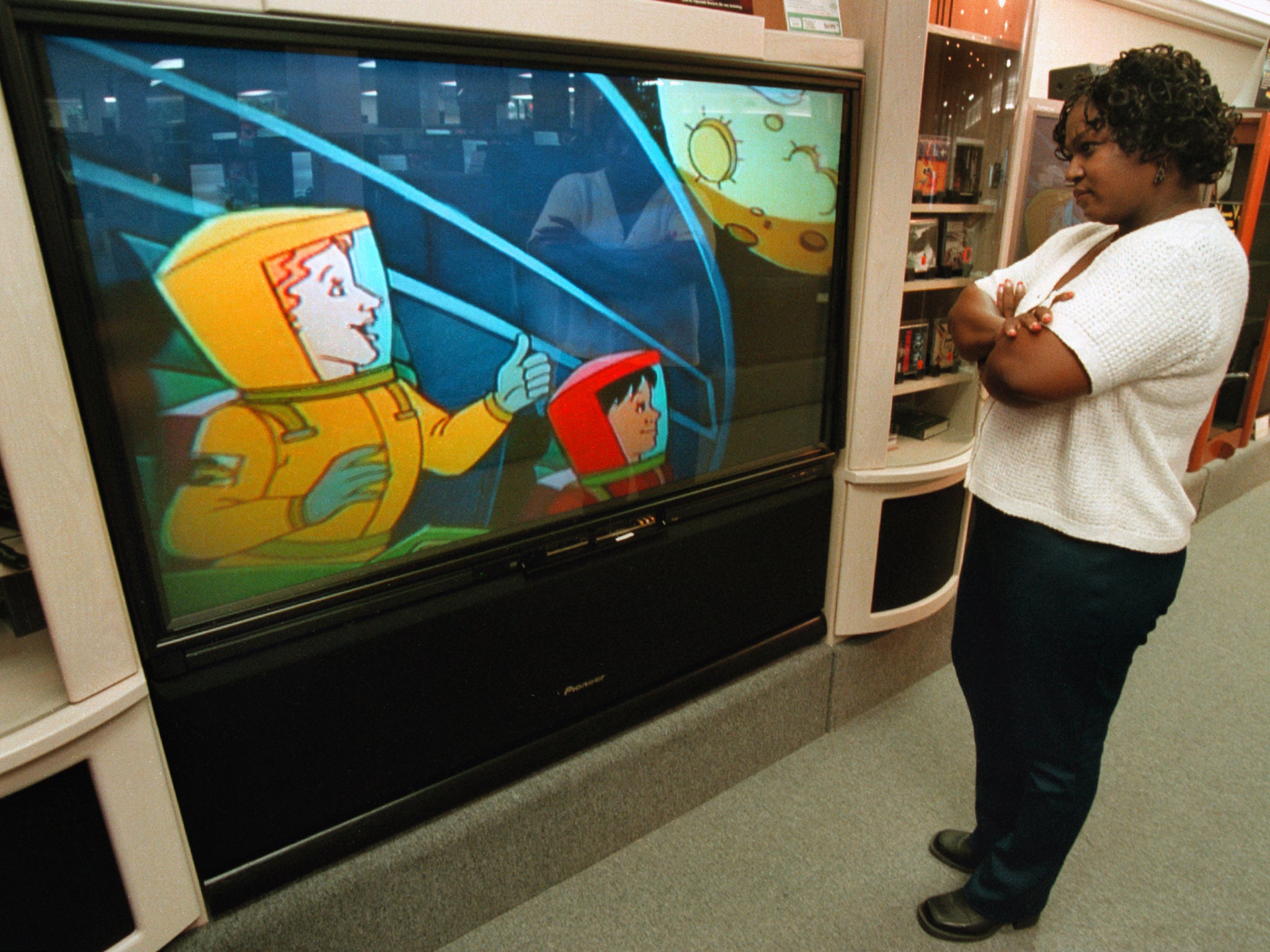BBC technology lets people control iPlayer with their mind
Prototype uses a version of iPlayer and lets people’s brainwaves pick what they want to see

The BBC has technology that allows people to control iPlayer with their mind.
The kit sees users strap a headset on and use particular thoughts to turn on iPlayer and start watching a programme. It is only experimental technology at the moment — built to give “an idea of how this technology might be used in the future” — but it worked for everyone that has used it in testing, the BBC said.
The prototype works by reading brainwaves using a sensor that rests on the forehead, and another that attaches to the ear using a clip. Those sensors can then track the electricity as it moves around the brain — watching for concentration, and filling up a bar of brainwaves when they concentrate hard enough to trigger a change on screen.
Eventually, the technology could be used to create a new kind of iPlayer — one that could help improve accessibility for disabled users as well as making it easier to control technology without needing to use one’s hands. Some of the BBC’s apps have already integrated similar, though less intense, technology, such as the iPlayer app on Xbox One that allows people to control the app using just their voice.
“Our proof-of-concept is only an experiment and just a toe in the water, but it helps our initial understanding of how we might be able to control devices using our brainwaves in the years to come,” wrote Cyrus Saihan, head of the BBC’s business development, in a blogpost about the testing.
Join our commenting forum
Join thought-provoking conversations, follow other Independent readers and see their replies
0Comments